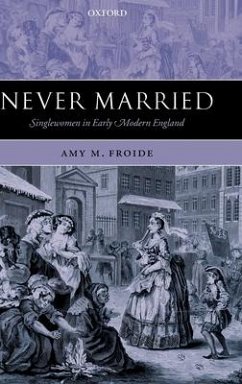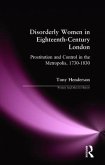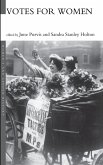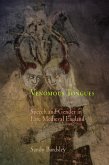During the sixteenth century life-long single women were largely absent from popular culture, but by the eighteenth century they had become a central concern of English society. As the first book of original research to focus on single women on the period, it also illuminates other areas of early modern history. Froide reveals the importance of kinship in the past to women without husbands and children, as well as to widows, widowers, single men, and orphans. Examining the contributions of working and propertied single women, she is able to illustrate the importance of gender and marital status to urban economies and to notions of urban citizenship in the early modern era. Tracing the origins of the spinster and old maid stereotypes she reveals how single women were marginalized as first the victims and then the villains of Protestant English society.
This is the first book of original research on the women who never married in early modern England. Amy Froide looks at how singlewomen's lives differed from those of wives and widows, at the social relationships of women without husbands, and at how these women supported themselves. She also examines the economic and civic contributions singlewomen made to urban life and explores the English origins of the spinster and old maid stereotype.
Hinweis: Dieser Artikel kann nur an eine deutsche Lieferadresse ausgeliefert werden.
This is the first book of original research on the women who never married in early modern England. Amy Froide looks at how singlewomen's lives differed from those of wives and widows, at the social relationships of women without husbands, and at how these women supported themselves. She also examines the economic and civic contributions singlewomen made to urban life and explores the English origins of the spinster and old maid stereotype.
Hinweis: Dieser Artikel kann nur an eine deutsche Lieferadresse ausgeliefert werden.








